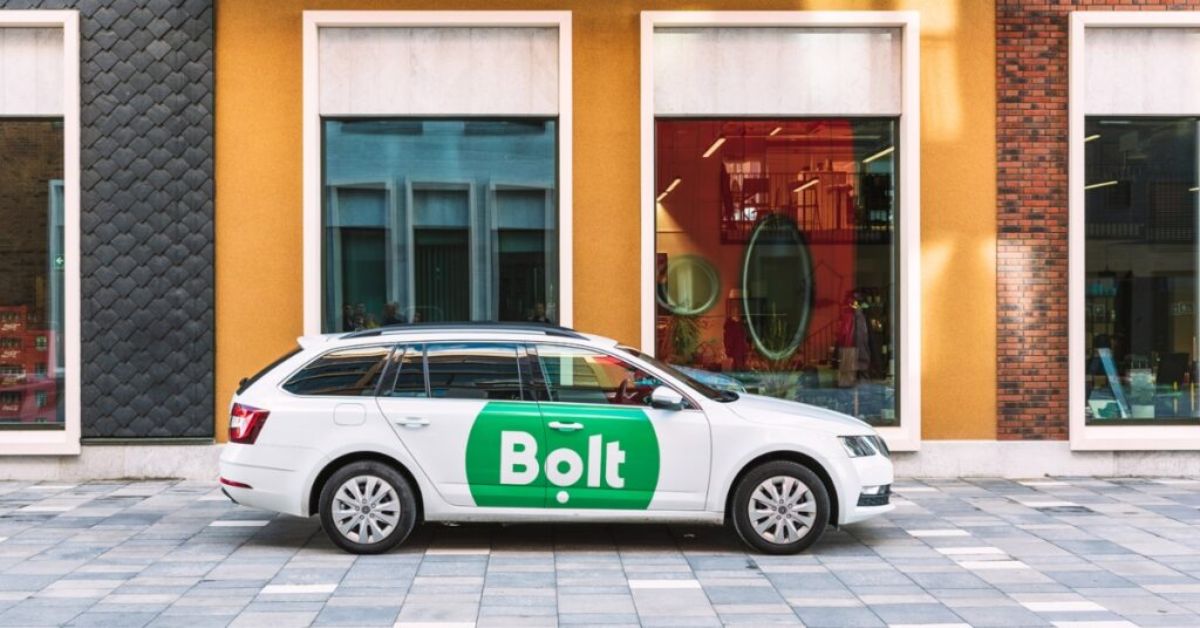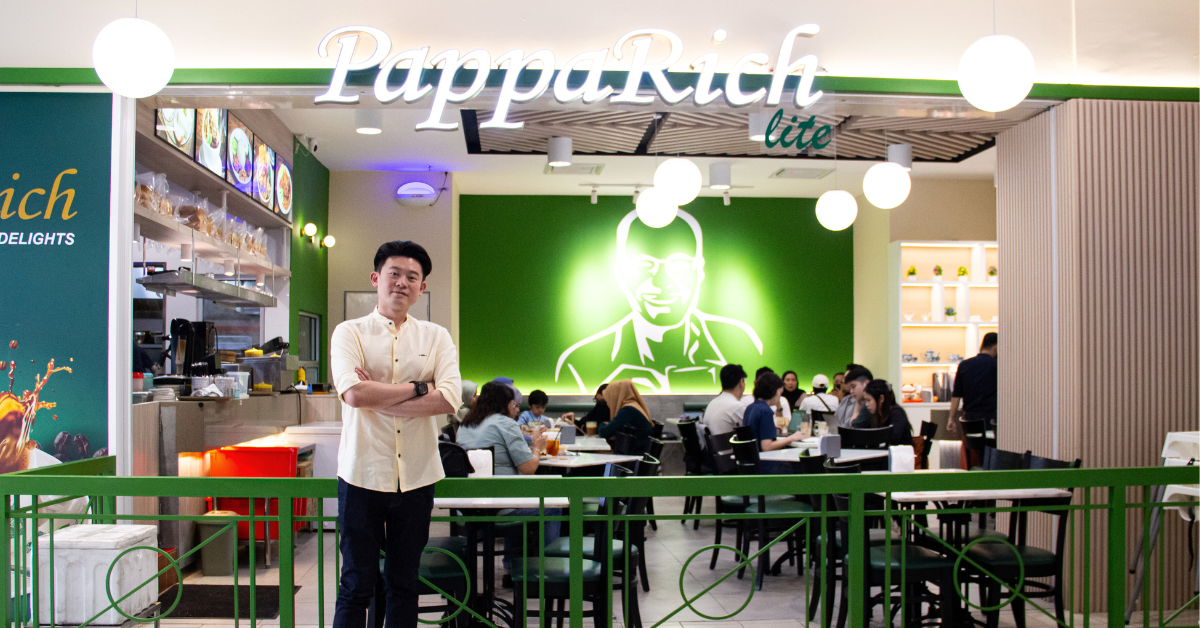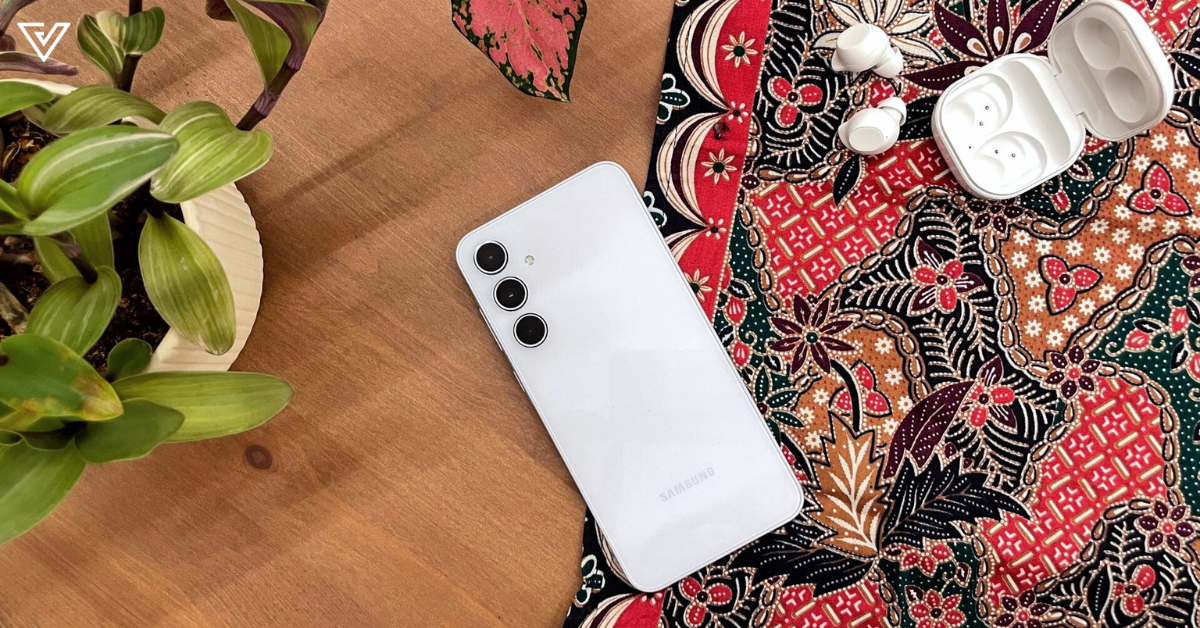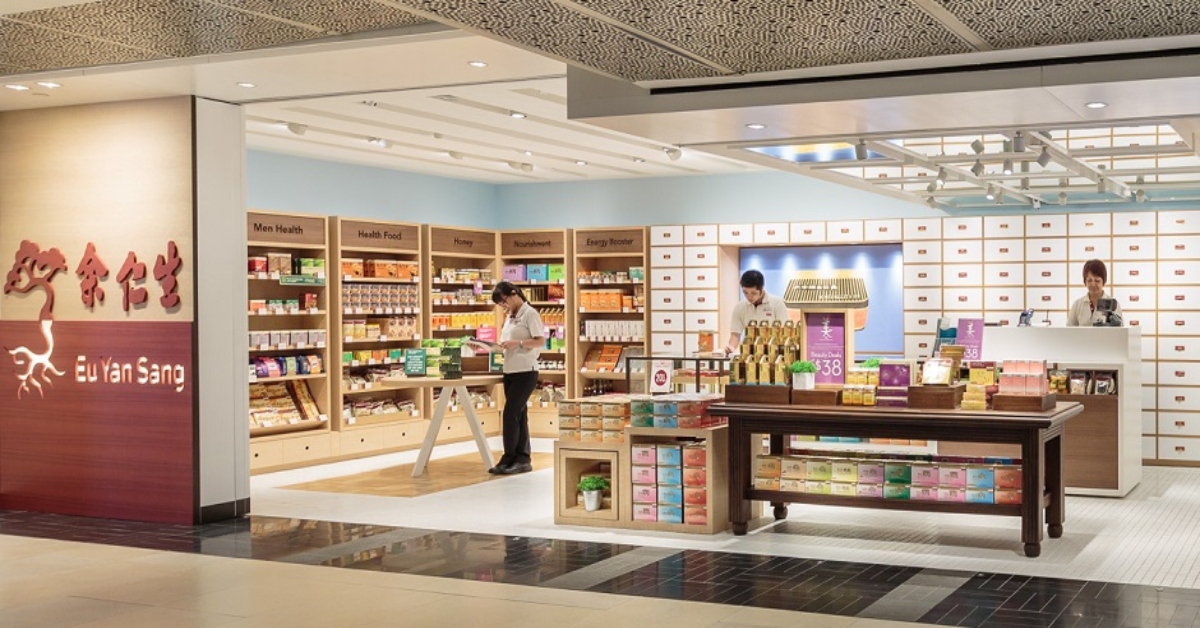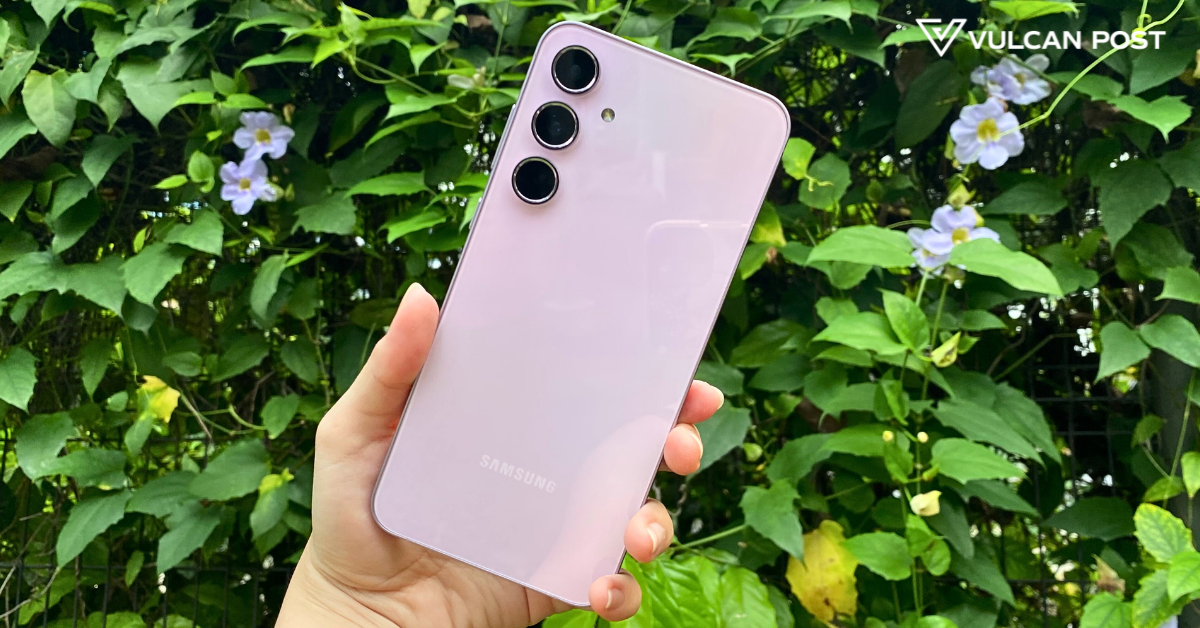Word on the street is that a new mobility company, Bolt, is making its way into Malaysia.
Dubbed an all-in-one mobility app, Bolt was founded in Estonia over a decade ago in 2013. It offers ride-hailing, scooter and bike rentals, food and grocery deliveries, and carsharing services. It currently operates in over 500 cities in more than 45 countries in Europe, Africa, Western Asia, and Latin America.
And now, people believe Malaysia will be amongst the nations it’s operational in, due to sightings of a LinkedIn job posting (also posted on its careers site) for a country manager position based in Kuala Lumpur.
With over 150 million customers around the world, here’s what Malaysian consumers should know about the startup ahead of its speculated launch here.
Rearing its horn
In January 2022, it was reported that Bolt raised its latest Series F round, bagging €628 million (over RM3.2 billion) from investors, taking the company’s valuation to a whopping €7.4 billion (over RM38 billion at the time of writing). The round was led by Sequoia Capital alongside Fidelity Management and Research Company.
According to a Reuters article in May 2023, the company is seeking to become profitable in 2024, and is eyeing an IPO in 2025.
“We expect to be the first European mobility platform that will be fully profitable over the next 12 months,” CEO Markus Villig told Reuters.
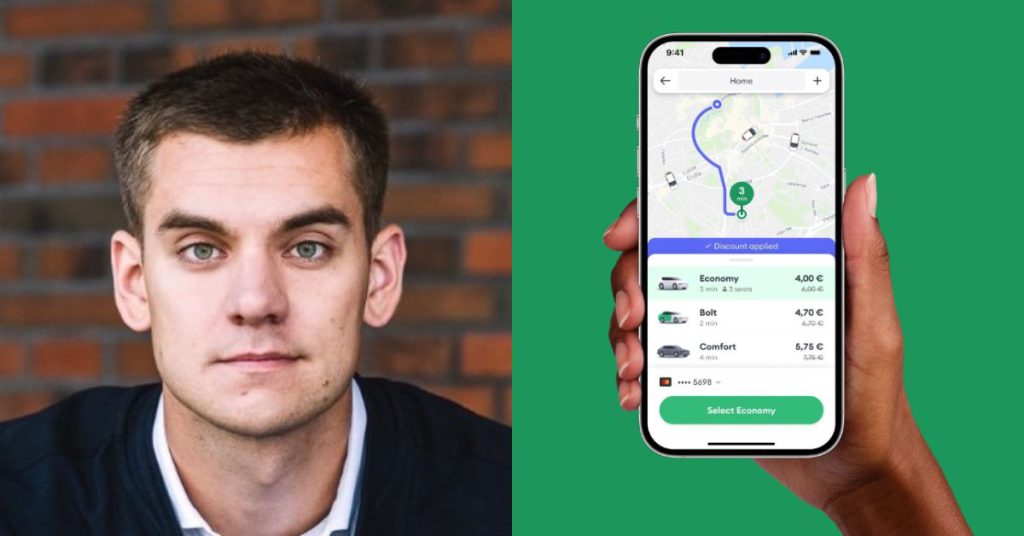
The article also made note of the fact that the 30-year-old CEO did not own a driving licence.
Markus has been described by investors as frugal, Forbes reported, with tales that he’s been spotted flying via ultra low-cost airline Ryanair and skimping on a US$14 upgrade for an exit row seat, despite being over 190cm.
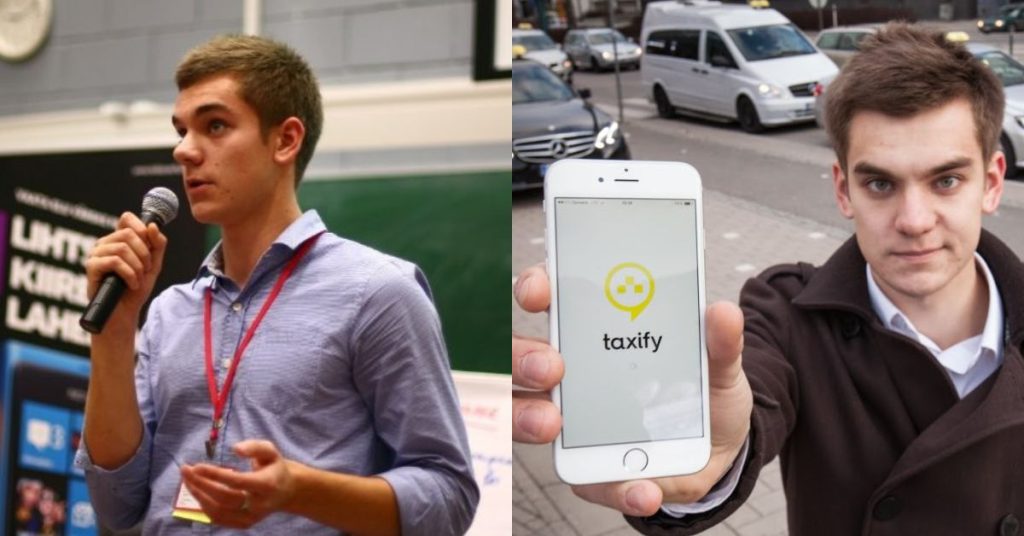
Aside from these fun facts, Markus is also known as the youngest founder of a billion-dollar company in Europe.
He co-founded Bolt at the age of 19. According to Founders Forum Group, he had borrowed €5,000 from his parents to build the first version of his app.
The startup was formerly known as Taxify but was changed to Bolt in 2019, which was the same year it started offering food delivery services. Two years later in 2021, they introduced their grocery delivery arm.
Not its first romp in SEA
In 2020, Bolt forayed into Southeast Asia, starting with Bangkok, Thailand.
Researching Bolt’s performance in Thailand, a common comment is that its services are much cheaper compared to Grab, but the competitor is often more reliable and readily available.
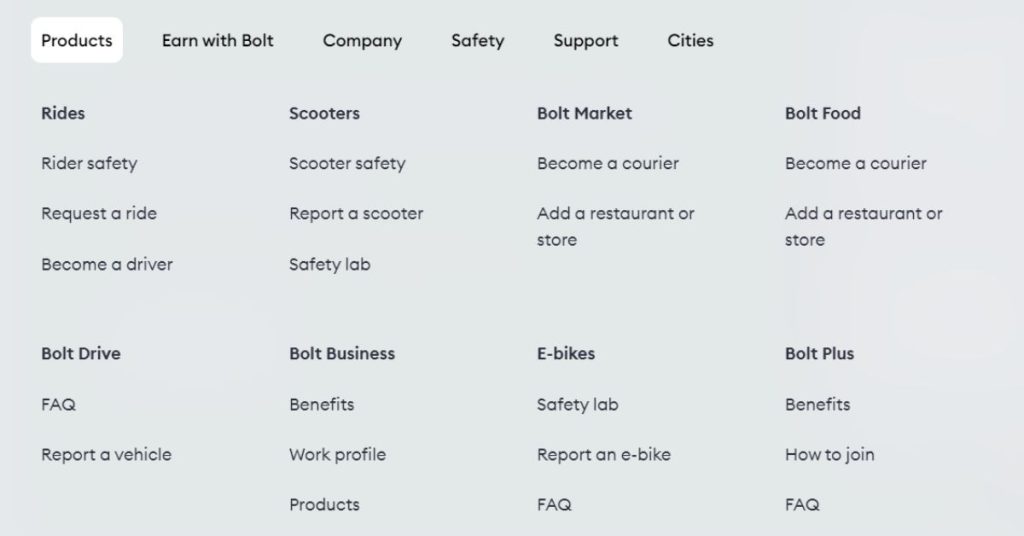
In Bangkok, Bolt only has two services functional for now—Bolt Rides (ride-hailing services) and Bolt Business (ride-hailing services, but on a corporate scale).
Perhaps we can expect to see Bolt offering these two services as a start here in Malaysia too.
It’s all speculation for now, though, as the company hasn’t formally released a full statement about its expansion here.
But this assumption does seem pretty solid, as affirmed by its job listing that states, “We are looking for a Country Manager in Malaysia to lead and launch our ride-hailing business.”
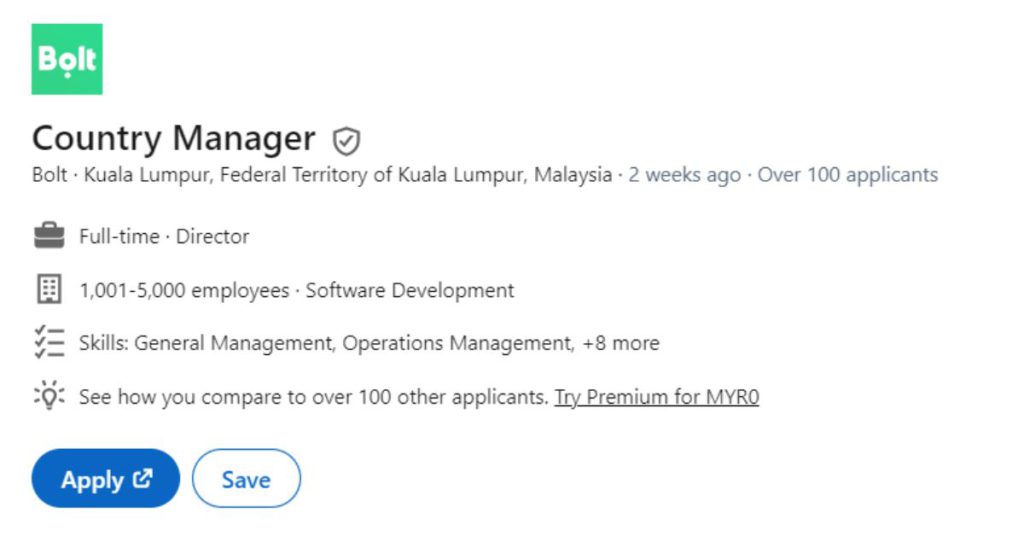
For those interested to give this position a shot, Bolt is looking for someone who “will be responsible for leading the market, developing, and nurturing critical relationships” that will grow the company’s business and strengthen its position here, amongst other things.
Entering an established landscape
Ride-hailing services and super apps are nothing new to Malaysians.
Focusing on e-hailing apps, we’ve got AirAsia, Maxim, MyCar, inDrive, and more.
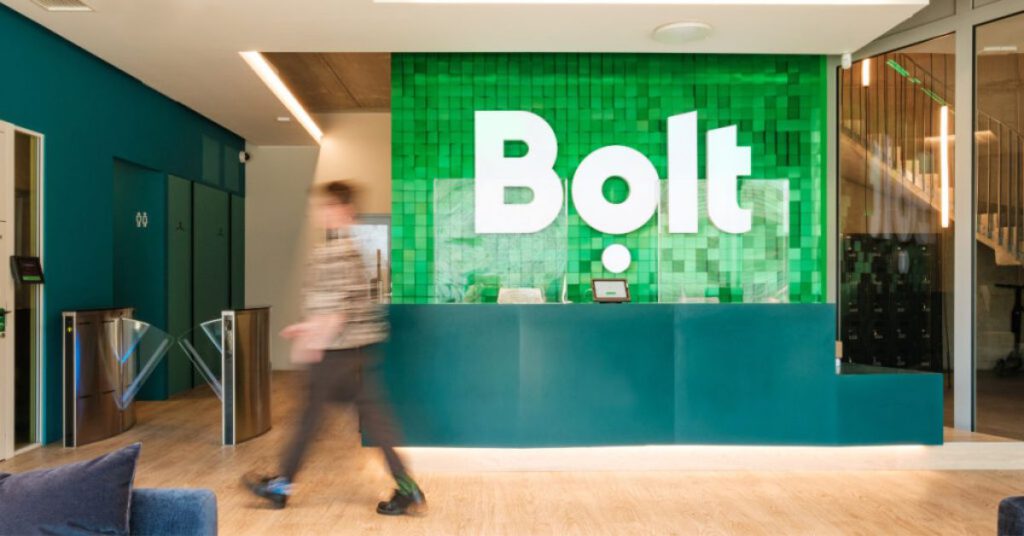
And of course, there’s Grab, which is arguably the largest super app here, especially when you’re talking about range of services. On top of rides, it can deliver food, grocery, and parcels on demand.
Solidifying its identity as a super app, there’s also GrabPay as well as the Grab-powered GXBank that’s been steadily rolling out new digital banking products in Malaysia.
Comparing the services, it seems like Bolt may have a leg up in terms of micromobility solutions. That said, bikes and scooters are not as common on Malaysian roads compared to in European countries.
From what we could find, Bolt doesn’t seem to have an e-wallet feature.
A new contender?
So, what do we think—will we be seeing the rise of a new super app in Malaysia, or just yet another ride-hailing option for now?
Considering the wealth of experience (and funding) Bolt seems to have, I personally have pretty high hopes.
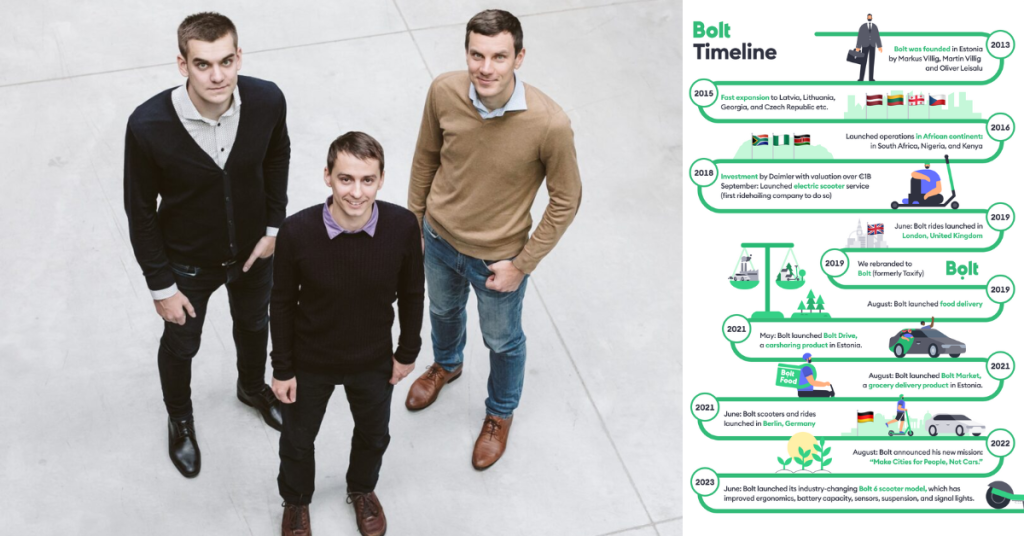
This is paired with my recent experience using other ride-hailing apps, where I’ve been having a hard time getting a driver in a timely manner—an experience that some others on Reddit share.
Talking to drivers myself, some have also heard of longer wait times from passengers, and mentioned that across the board, drivers seem to be getting paid less than before.
But that’s just my personal experience. At the end of the day, more competition and alternatives in the market is a good thing for consumers, as it can lead to lower prices and higher quality. It could benefit drivers too, as the entrance of a strong competitor could push dominating players to step up in order to retain their drivers.
So, catch me Bolting to try the app’s services once it launches in Malaysia.
Featured Image Credit: Bolt

